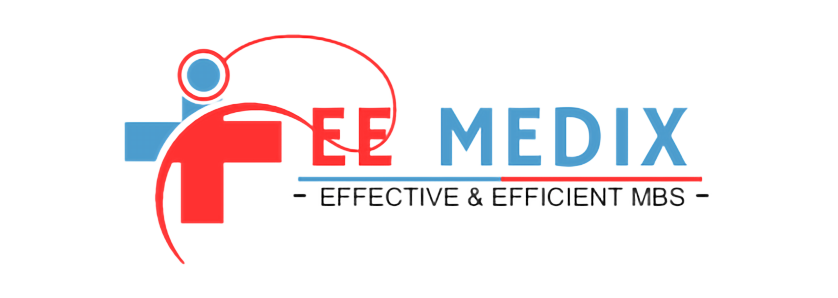Oncology stands out as one of the most complex and challenging fields. Providing the best care for cancer patients is not only about medical expertise but also about efficient and accurate oncology medical billing. In this comprehensive guide, we will delve into the nuances of oncology billing and coding, shedding light on what it takes to excel in this vital aspect of healthcare.
Is Oncology Billing Hard?
Oncology medical billing is a specialized branch of medical billing that deals with the financial aspects of cancer treatment. Is it hard? Well, like any specialized field, it comes with its unique challenges. Oncology medical billing requires a deep understanding of complex medical procedures, drug regimens, and an intricate web of insurance policies. Moreover, it involves continuous updates as cancer treatments evolve. Staying updated is crucial in ensuring accurate billing.
Is Oncology Medical Billing and Coding Hard?
Oncology medical billing and coding goes hand in hand with billing. It involves translating the medical services provided into universally recognized codes, such as CPT (Current Procedural Terminology) and ICD (International Classification of Diseases) codes. The challenge lies in accurately coding intricate cancer treatments, surgeries, and diagnostic procedures. This is no small feat, given the ever-advancing landscape of cancer care.
What Is an Oncology Coder?
An oncology coder is a specialized medical coder responsible for translating the details of a patient’s diagnosis and treatment into the appropriate codes. They play a crucial role in ensuring that healthcare providers receive proper reimbursement for their services. These professionals need to be highly trained and have an in-depth understanding of oncology terminology and procedures.
What Is the CPT Code for Oncology Treatment?
The CPT code for oncology treatment varies depending on the specific procedure or service rendered. These codes are essential for oncology medical billing and claims submission. They help insurance companies and healthcare providers communicate effectively, ensuring that cancer patients receive the care they need. Accurate CPT coding is pivotal in preventing claim denials and delays in payment.
Now, let’s delve deeper into the world of oncology medical billing and coding, offering you valuable insights to help you navigate this challenging terrain efficiently.
The Essentials of Oncology Medical Billing
Oncology medical billing is not just about numbers; it’s about saving lives and ensuring that patients receive the care they deserve. Here are some key aspects to consider:
1. Understanding the Complexity
Oncology treatments often involve a combination of therapies, surgeries, and drugs. Accurate billing requires a deep understanding of these intricacies. Mistakes can lead to claim denials and financial losses.
2. Regular Training and Updates
To excel in oncology medical billing, continuous education is paramount. You must stay updated on the latest treatments, coding changes, and insurance policies. This ensures that your billing practices remain accurate and compliant.
3. Efficient Documentation
Detailed and precise documentation is key to successful oncology medical billing. Every procedure, diagnosis, and treatment must be recorded accurately. This ensures that claims are supported by proper documentation, reducing the risk of disputes and denials.
4. Streamlining the Revenue Cycle
An efficient revenue cycle is essential for the financial health of an oncology practice. Billing should be a well-oiled process, from the moment a patient enters the clinic to the final reimbursement. Delays and errors can lead to financial strain.
5. Compliance with Regulations
Oncology billing must adhere to strict healthcare regulations, such as HIPAA. Any violation can result in hefty fines and a tarnished reputation.
The Intricacies of Oncology Coding
Oncology coding is the bridge between healthcare providers and insurers, ensuring that the right services are reimbursed. Let’s explore the intricacies:
1. Learning the Code Sets
CPT and ICD code sets are the language of oncology coding. A coder must be fluent in these codes and their updates. Knowing when and how to use them accurately is essential.
2. Code Accuracy
Mistakes in coding can lead to underbilling or overbilling. Both can have severe consequences. A single incorrect code can result in a substantial loss of revenue.
3. Compliance with Coding Guidelines
Oncology coders must strictly follow coding guidelines and conventions. Deviating from these standards can result in rejected claims.
4. Staying Current
The world of oncology is ever-evolving. New treatments, drugs, and procedures emerge regularly. Coders must stay current with these changes to ensure accurate coding.
In conclusion, oncology medical billing and coding are complex but crucial components of cancer care. They ensure that healthcare providers are reimbursed fairly, allowing them to continue providing life-saving treatments. To excel in this field, continuous education, attention to detail, and compliance with regulations are paramount. As the world of oncology advances, so must its billing and coding practices.

